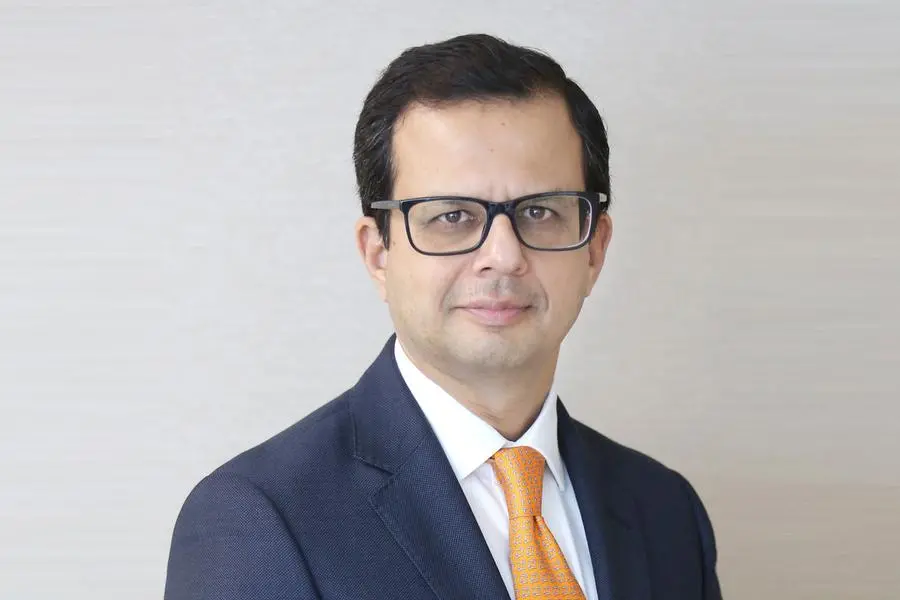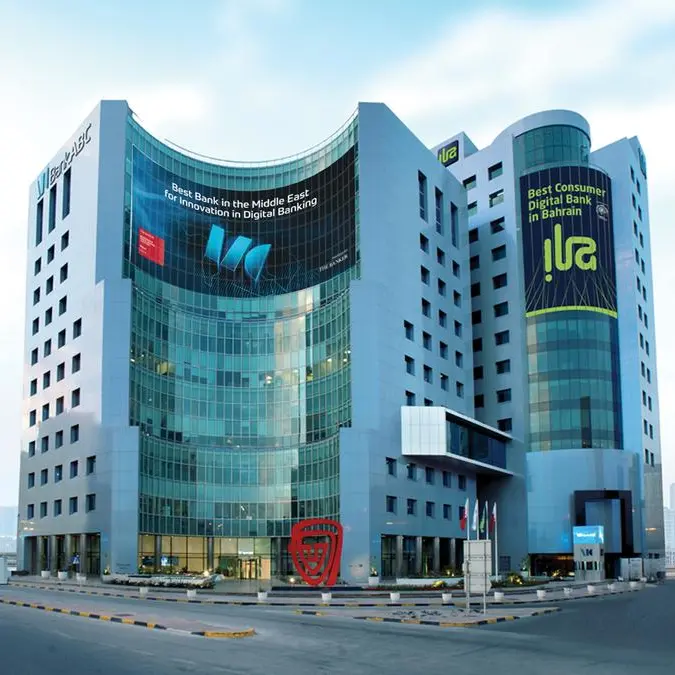PHOTO
United Arab Bank (UAB) sees a bright outlook for the UAE banking industry and is confident of sustaining strong profit growth this year due to its prudent approach to risk management and disciplined cost control, its top official says.
Shirish Bhide, chief executive officer of UAB, attributed strong growth in first-half profits to the UAE government’s policies to contain the Covid-19 pandemic, Central Bank's targeted economic support scheme (TESS) to boost liquidity in banking sector and UAB's customer-centric approach after key changes in the bank's management.
“The UAE is the best country in the world in terms of managing the pandemic as they’ve taken all the proactive steps to stabilise the economy. The central bank's TESS program that ended in June this year also ensured macroeconomic stability in the banking sector and it supported the clients and their businesses,” Shirish said in an interview.
The UAE introduced an economic stimulus package worth Dh388 billion as the Covid19 pandemic tipped the world economy into its worst recession since 1930. These stimulus plans include Dh50 billion under the TESS programme to boost liquidity in the financial and banking sector.
“Most banks in the UAE were able to take advantage of the government's supportive measures as there was a lot of pent-up demand that has been bottled up for at least two years that started surfacing. It benefitted the tourism sector, the airline industry, entertainment and hospitality sectors,” Shirish said.
“So, UAB was also able to take advantage of that gradual opening up of the economy and start supporting its clients wherever possible. Obviously, the demand for loans picked up since early this year we were able to deploy some loans that were in the pipeline and so forth and see some early successes on that front, which is continue to fuel the growth in the second quarter. We expect that trend will continue and benefit the bank and further strengthen its financial position,” he said.
To a question about loan growth, the UAB chief executive said the government spending will drive demand for loans in private sector.
“Demand for loans in the UAE is driven by the government spending. We're expecting that on the back of higher oil prices the government will continue to spend more and corporate sector will also benefit with the government injection into the economy,” he said.
About financing to small and medium enterprises and startups, he said UAB is open to all the opportunities in the UAE.
“We want to bank all the bankable sets of clients in the UAE. Whether it is retail, SME or wholesale, we are open to all sectors,” he said.
“How much we do in every segment is a function of our risk appetite and obviously our own internal return on capital hurdles and strategic plan. But, we will continue to remain open to all available opportunities in the market,” he added.
UAB recorded 209 per cent year-on-year growth in first-half net profits in 2022 as the bank strengthens its core business, streamline the cost base and maintain key banking fundamentals. After top level changes in the management, the bank shrank provisions by 52 per cent in first half that paved the way for strong profit growth.
Shirish is an industry veteran with over 30 years of experience in corporate banking, credit risk and risk management. His appointment as CEO comes as part of the bank's efforts to deploy its digital transformation strategy, explore new streams of business development opportunities and maximise value to shareholders.
Shirish is keen to accelerate the bank's digital transformation strategy that aims to enhance customer experience, lower transaction costs and contribute significantly to the advancement of banking activity in the UAE.
“Technology usage is inevitable. Technology is something that you factor into every single product strategy, whether big or small.”
“So, we will continue to invest wisely, invest in relevant technology for customer convenience and improving the efficiency of the existing process,” Shirish said.
In reply to a question about cybersecurity, the UAB chief said introduction of technology may increase the risk of cybersecurity.
“We keep abreast with the latest trends in technology and cybersecurity and we have to always be one step ahead,” he said.
Shirish said UAB will continue to hire more staff if it is required in line with the bank's policy to bring more value to shareholders.
“The bank will always look to deploy more and more additional resources wherever we see variable revenue opportunities. So, wherever there is a possibility of hiring the right people who help us enhance business, we will remain alive to that,” he said.
Shirish said the UAE banking sector outlook is bright as the government is taking various measures to sustain economic growth in coming years.
“The government has introduced business and visa reforms to make the UAE one of the most attractive destinations for financial capital and human resources. It is also planning to allocate additional funds for developing industries and promoting manufacturing in the country. We're talking serious levels of capital expenditures and that is a great news for the bank. So, I’m very very optimistic,” he said.
To a question about the challenges for UAB, he said the number one challenge is competition.
“For any bank, I think global and regional disruptions and competitive threats are the key challenges that we face,” he said.
Shirish said interest rates are expected to continue upward trend in coming months and it will increase cost of doing business in line with the international markets.
“Higher interest rates will increase cost of borrowing and may have an adverse impact on some sectors and consumer spending,” he said, and adding that the central banks worldwide actively working to control inflation – a key objective for increasing interest rates.
“I think it's very important that inflation is controlled. Once you have inflation under control, then interest rates will come down, spending will gradually increase and economies will be back on growth path again. And all prices need to remain in a kind of a sweet spot, which are not too low and not too high, so that it creates the right kind of balance for growth,” Shirish concluded.
Copyright © 2022 Khaleej Times. All Rights Reserved. Provided by SyndiGate Media Inc. (Syndigate.info).





















